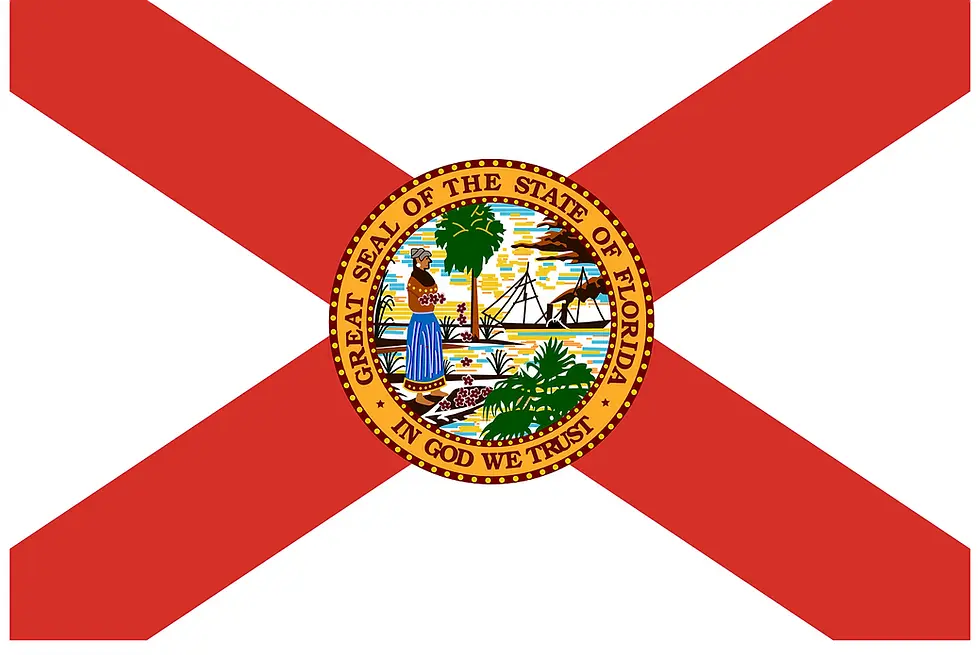Florida Poised to Reshape Non-Compete Enforcement under the CHOICE Act
- Mark Addington
- Jun 19, 2025
- 2 min read

The Florida Legislature gave final approval to House Bill 1219, the Contracts Honoring Opportunity, Investment, Confidentiality, and Economic Growth (CHOICE) Act, on April 24. Legislative officers enrolled the bill and delivered it to Governor Ron DeSantis on June 18. If the measure becomes law, it will take effect on July 1, 2025, ushering in Florida’s most significant overhaul of restrictive-covenant law since the late 1990s.
Because the Legislature had already adjourned when H.B. 1219 reached the Governor, Article III, section 8 of the Florida Constitution gives him fifteen consecutive days—until roughly July 3—to sign, veto, or allow the bill to become law without his signature. As of June 19, he has taken no public action and, according to press reports, has not said whether he supports the measure. Supporters, including large financial services firms, are urging approval, while a coalition of economists, academics, and worker-advocacy groups has called for a veto, labeling the Act the longest and most restrictive non-compete statute in the country.
Current Florida Statute 542.335 presumes a post-employment non-compete longer than two years to be unreasonable, but the CHOICE Act authorizes non-competes and “covered garden-leave agreements” that may run up to four years. Garden leave keeps a departing worker on salary and benefits during the notice period; the Act also allows a four-year post-employment restriction once that period ends. In any lawsuit alleging a breach, courts must issue a preliminary injunction unless the worker proves, with clear and convincing non-confidential evidence, that enforcement is unnecessary to prevent unfair competition—an explicit burden shift in the employer’s favor.
The statute applies only to “covered employees” and independent contractors who earn, or are reasonably expected to earn, more than twice the annual mean wage in the relevant Florida county, a figure that currently ranges from roughly $80,000 to $150,000. Licensed health-care practitioners are carved out.
To invoke the Act’s protections, the agreement must be in writing, must advise the worker of the right to consult counsel, and must remain open for at least seven days before signing. The worker must also acknowledge in writing that the job involves confidential information or substantial client relationships. When an employer combines garden leave with a non-compete clause, the statute mandates that the post-employment restriction must be reduced on a day-for-day basis by any non-working period during the garden leave.
Florida's recent changes to its non-compete law run concurrent with the Federal Trade Commission's 2024 Non-compete Rule, which aims to prohibit most new non-compete agreements nationwide. However, th FTC rule is currently delayed by a district court stay and is under appeal. The CHOICE Act cannot override a valid federal regulation; therefore, multistate employers must closely monitor the litigation and be prepared to reconcile the two regimes if the federal ban is upheld.
Florida businesses should identify employees or contractors who exceed the compensation threshold, review current restrictive covenant agreements, and create new templates to meet notice, counsel, and acknowledgment requirements. Multistate employers must coordinate Florida-specific covenants with policies in more restrictive jurisdictions. They should also consider how a potential four-year restraint may impact recruiting and retention, particularly if competitors in other states face tighter limits. Finally, human resources and legal teams should be briefed now so that any agreement executed after the effective date complies from the outset.




Comments